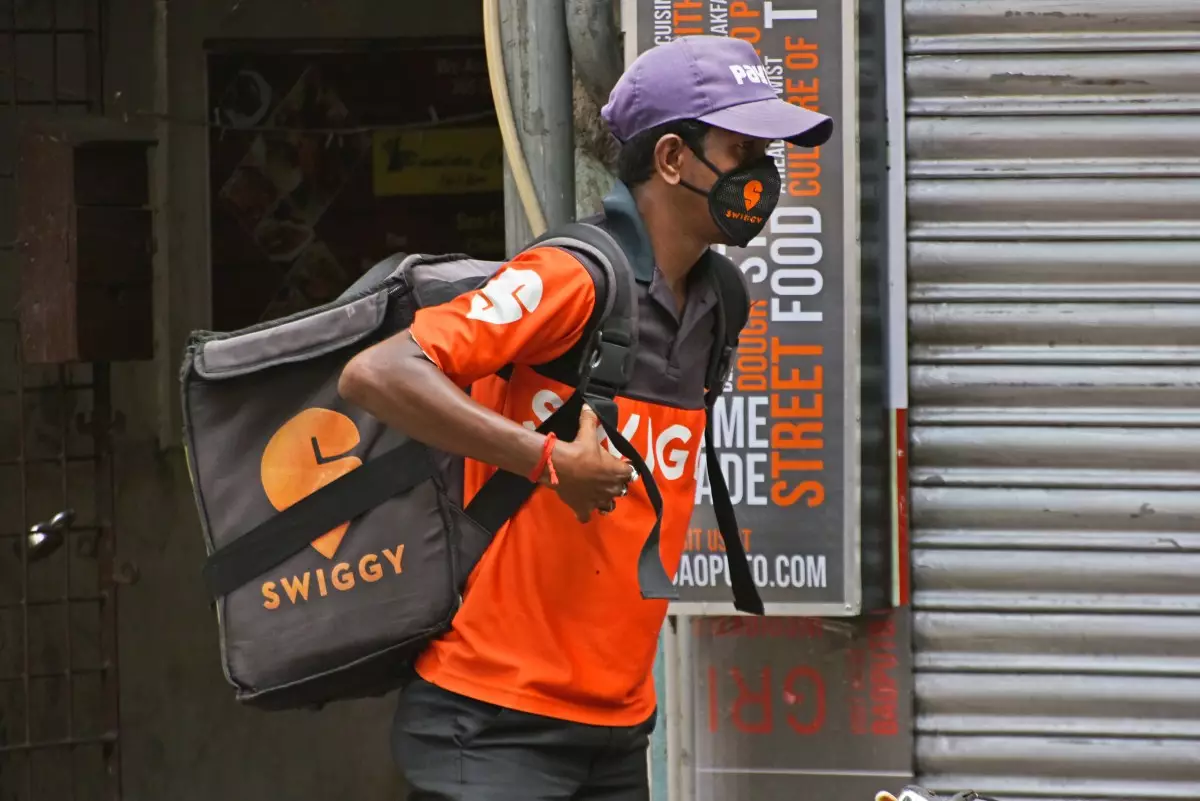In a daring move that underscores the intensifying competition in India’s food delivery landscape, Swiggy, the nation’s foremost food delivery startup, recently announced the launch of its rapid meal delivery service, aptly named ‘Bolt’. This initiative promises to deliver meals to customers in a remarkable 10 minutes. As the second-largest internet market in the world continues to evolve, Swiggy’s decision marks a significant shift towards catering to the growing demand for speed and efficiency in food ordering.
To make this ambitious service a reality, Swiggy has formed strategic alliances with over 2,700 restaurants, encompassing popular global chains such as KFC, McDonald’s, and Starbucks. These partnerships are crucial as they range from offering quick-to-prepare meals to ensuring the availability of popular items which are frequently ordered. By operating within a tight 2-kilometer radius, Bolt emphasizes the importance of proximity in ensuring fast delivery times, thereby aiming to fulfill customer cravings for items like coffee, burgers, and the ever-popular biryani.
Rohit Kapoor, Swiggy’s head of food delivery, reflected on the company’s journey, comparing the current advancements to ten years ago when they revolutionized the food delivery sector by shortening average wait times to 30 minutes. With the launch of Bolt, Swiggy is now setting a new benchmark, challenging consumer expectations once again. However, one must consider whether such rapid delivery can be sustainably maintained without compromising food quality or overall customer satisfaction.
The introduction of Bolt does not merely enhance Swiggy’s service portfolio; it also escalates the competitive dynamics in India’s burgeoning quick-commerce sphere. Competing with other established players, such as Zomato’s Blinkit and Swiggy’s own Instamart, along with emerging brands like StepStone-backed Zepto and Tata-owned BigBasket, the stakes are high. Each company is vying for a share of a market that has witnessed astonishing growth of over 100% in the past year, heavily influenced by consumer tendencies towards instant gratification.
This hyper-competitive environment challenges existing business models of e-commerce giants, as quick-commerce services begin to encroach upon their traditional spaces. Flipkart’s recent venture into the quick-commerce arena further illustrates the expanding battlefront, while raising questions about the long-term viability of such a time-sensitive business model.
As more players proliferate in the quick-commerce landscape, the adaptation of consumer behavior becomes evident. Consumers are becoming increasingly accustomed to immediate satisfaction, expecting minimal wait times for a growing array of products. This expectation revolutionizes shopping norms, pushing companies to innovate continuously to meet customer demands.
As Swiggy rolls out its Bolt service, it stands at the forefront of a shifting market landscape that prioritizes speed and efficiency. The implications of this rollout extend beyond merely quicker meal delivery; it prompts a reevaluation of business strategies among competitors in a market that is rapidly evolving. As the quest for instantaneous service continues, it will be compelling to observe how both consumers and companies adapt to this new paradigm in food delivery.

